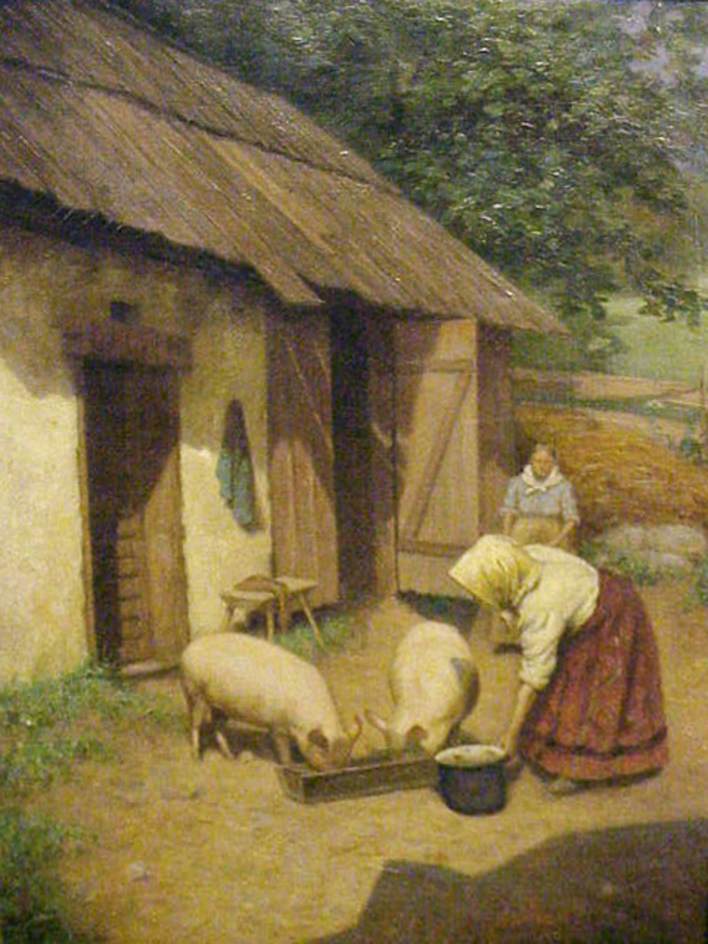The inspiration for this as for many of my puzzles is a classic work of literature:
Who would not sing for Lycidas? he knew
Himself to sing, and build the lofty rhyme.
He must not float upon his wat’ry bier
Unwept, and welter to the parching wind,
Without the meed of some melodious tear.
—John Milton, Lycidas (1637)
“Wat’ry bier”? Can you read that without thinking of a hilarious pun? I can’t. I’m sure that Milton is pleased and flattered, assuming he is in a place with web access.
I’ve now given you one hundred 15 x 15 crossword puzzles. I will conclude the second year of my website’s existence, as I did the first, with two 21 x 21 puzzles. Why do I do this? Why do I toil so long and so hard to make crosswords and recommend Victorian novels? Only because I love humanity.
But I wouldn’t mind making a little money too. And maybe you wouldn’t mind giving me a little, as a small gesture of gratitude? If not, just click the button below and follow instructions. Donate $12, and I’ll send you a 15 x 15 Victorian crossword puzzle (that is, a puzzle that uses only words and phrases current in the Victorian era)! Donate $13.50, and I’ll send you an all new 21 x 21 puzzle! Donate $15 and I’ll send you both!
And since no one claimed it last year, I am this year offering again a special bonus for the first person who donates $10,000,000 or more: not only will I send you both puzzles, but also I’ll rename this website in your honor! So if your name is, say, Warren Buffet, after your donation the website will be known as "Warren Buffet Presents David Alfred Bywaters’s Crossword Cavalcade and Victorian Novel Recommender." But don’t delay—only the first donor at the $10,000,000 level will be eligible for this bonus.






























